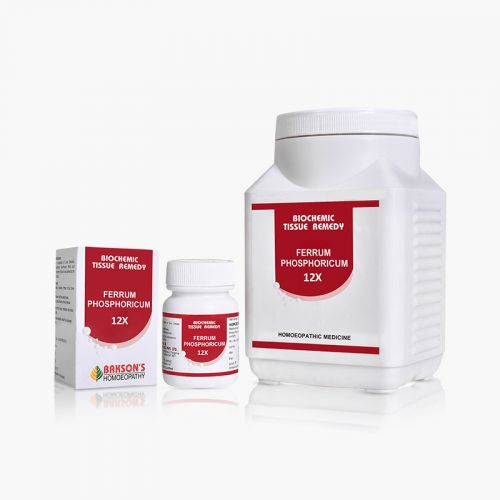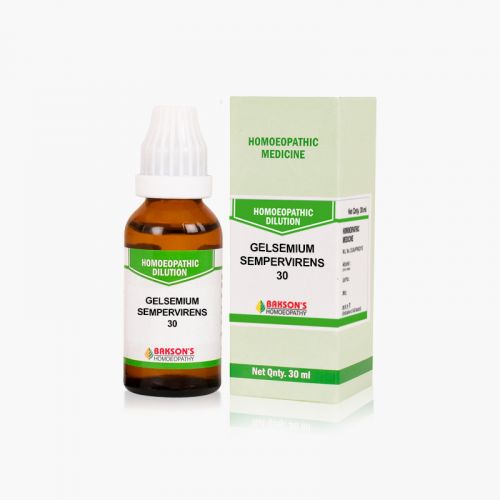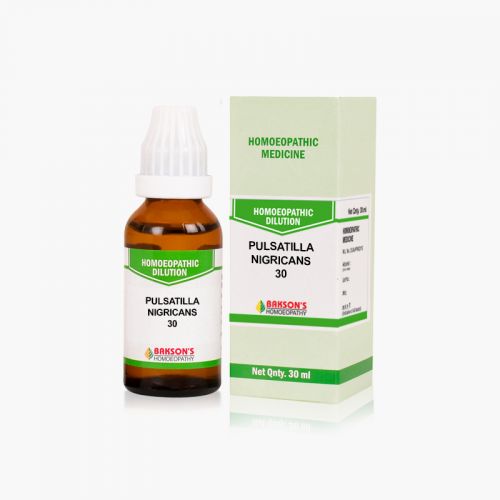We use cookies to make your experience better. To comply with the new e-Privacy directive, we need to ask for your consent to set the cookies. Learn more.
What is measles?
Measles (also called as rubeola) is a preventable highly contagious and an acute febrile viral illness accounting for the most important cause of global mortality and morbidity. It is an acute febrile exanthema characterised by three C's (cough, coryza and conjunctivitis).
More than 1,40, 000 people died from measles in 2018- mostly children under the age of 5 years, despite the availability of a safe and effective vaccine.
Causes
The causative organism of measles is measles virus, a member of the Paramyxoviridae family. The virus has no animal reservoir and it is highly contagious. Measles is transmitted from person to person by respiratory droplets, small particle aerosols and close contact. The incubation period ranges from 10-14 days.
Sign and symptoms
Infectiousness of a case is maximal in the four days before and four days after rash develops, which coincides with peak levels of viremia and the features of cough, conjunctivitis, and coryza (3C's). The WHO clinical case definition of measles is "any person with fever, generalized maculopapular rash, cough, coryza, or conjunctivitis.
Koplik spots are small white popular eruptions seen on buccal mucosa a day or two before the rash and these are pathognomonic for measles. Rash appears before the fever first on the face and spreads caudally to become generalized.
Diagnosis
The diagnosis of measles is based entirely on the clinical picture especially when a child presents with febrile illness and a maculopapular rash. Complete blood count reveals lymphopenia. IgM antibodies detection confirms the diagnosis. PCR detection of virus ribonucleic acid from throat, nasal and nasopharyngeal swab has almost 100 percent sensitivity currently.
General management
The management is supportive completely. Control of fever, prevention and correction of dehydration and isolation to control the infection is recommended.
Complications
Measles renders young infants, pregnant women and immunocompromised children to various complications which include pneumonia, otitis media and diarrhoea as a result of secondary infections. Central nervous complications include MIBE (Measles inclusion body encephalitis), ADEM (Acute disseminated encephalomyelitis and SSPE (Subacute sclerosing panencephalitis).
Warning: Above information provided is an overview of the disease, we strongly recommend a doctor's consultation to prevent further advancement of disease and/or development of complications.
Disclaimer: The information provided herein on request, is not to be taken as a replacement for medical advice or diagnosis or treatment of any medical condition. DO NOT SELF MEDICATE. PLEASE CONSULT YOUR PHYSICIAN FOR PROPER DIAGNOSIS AND PRESCRIPTION.
-
- GELSEMIUM SEMPERVIRENS 30₹ 100.00
- PULSATILLA NIGRICANS 30₹ 100.00






